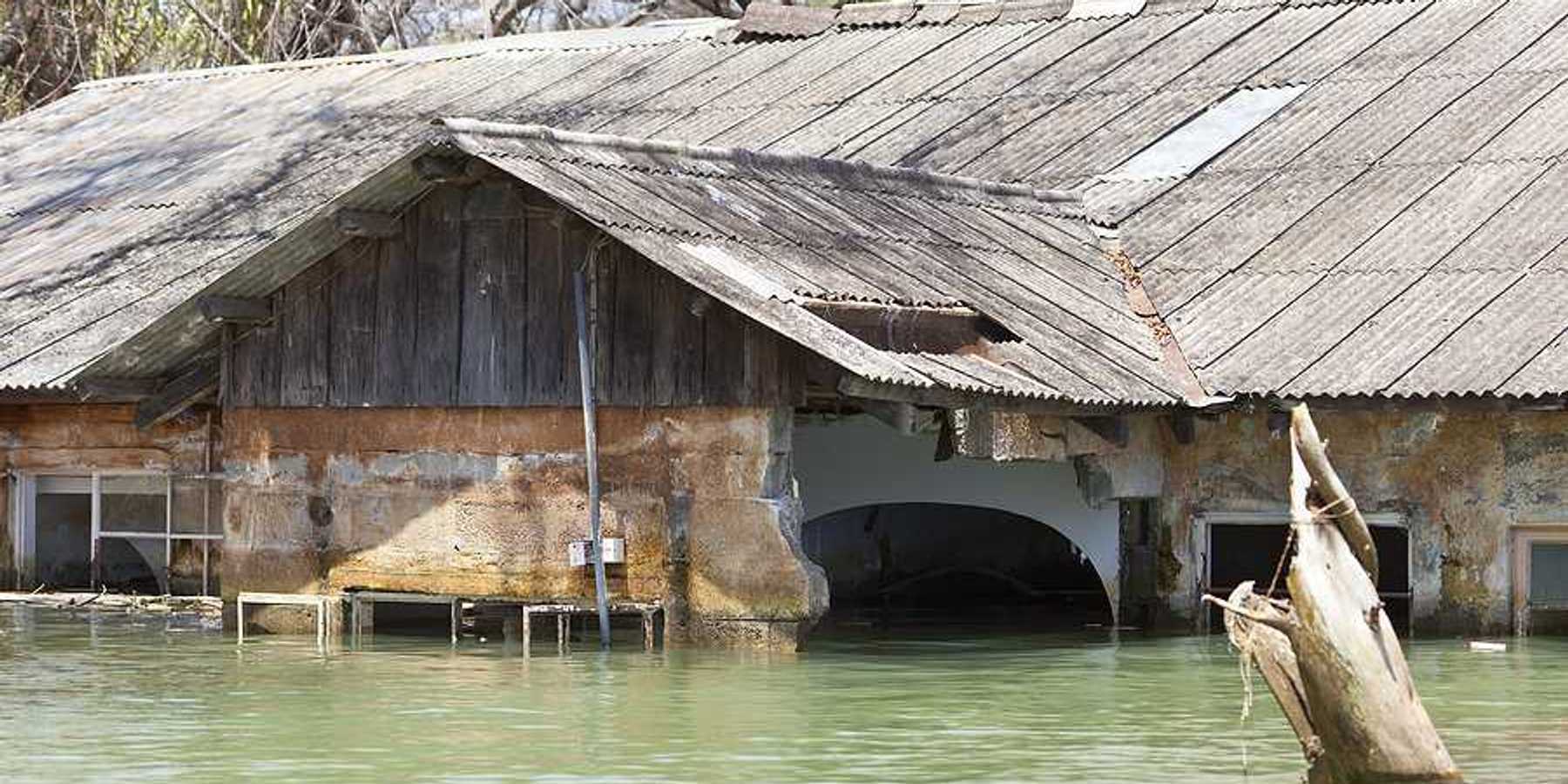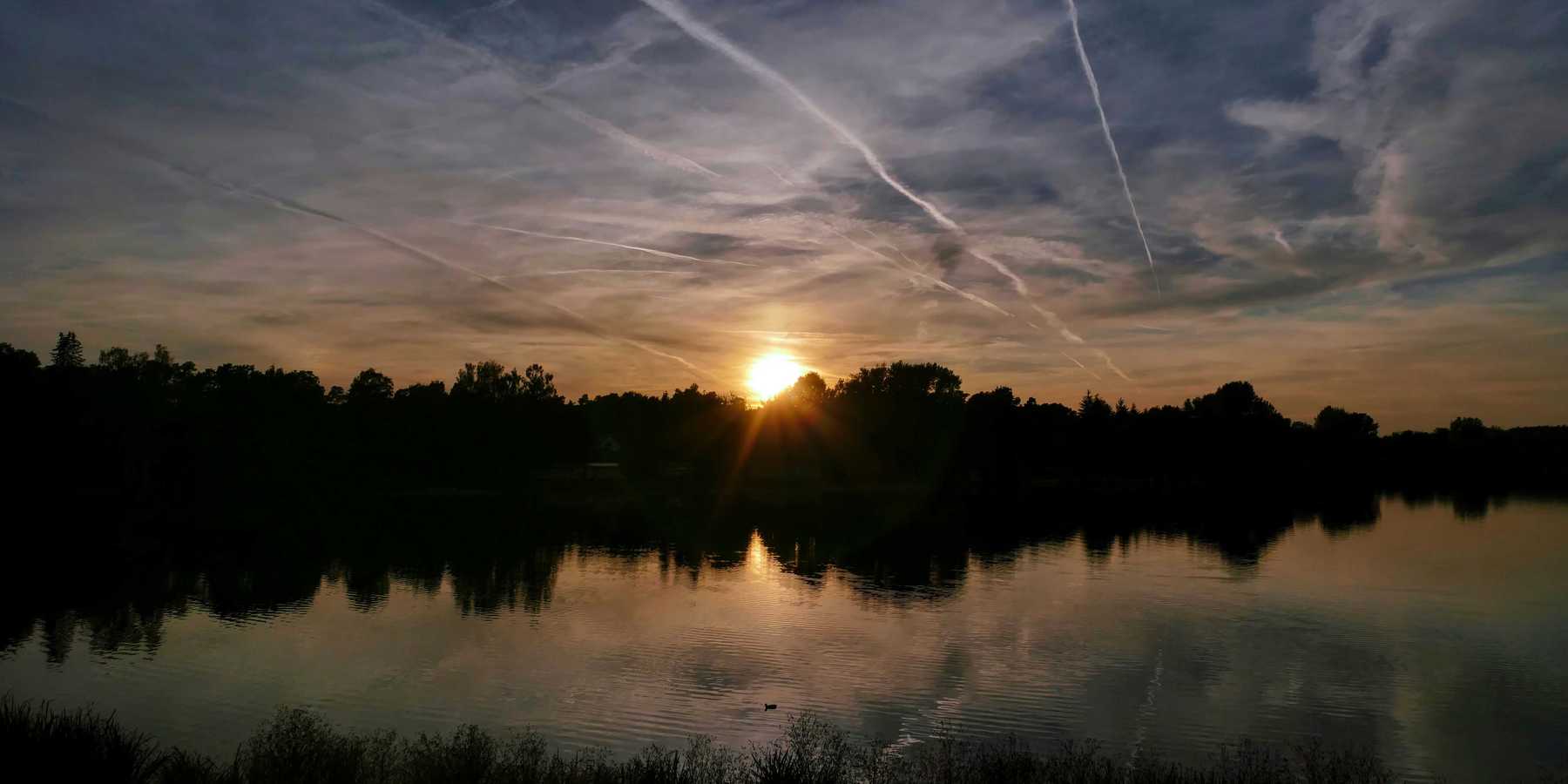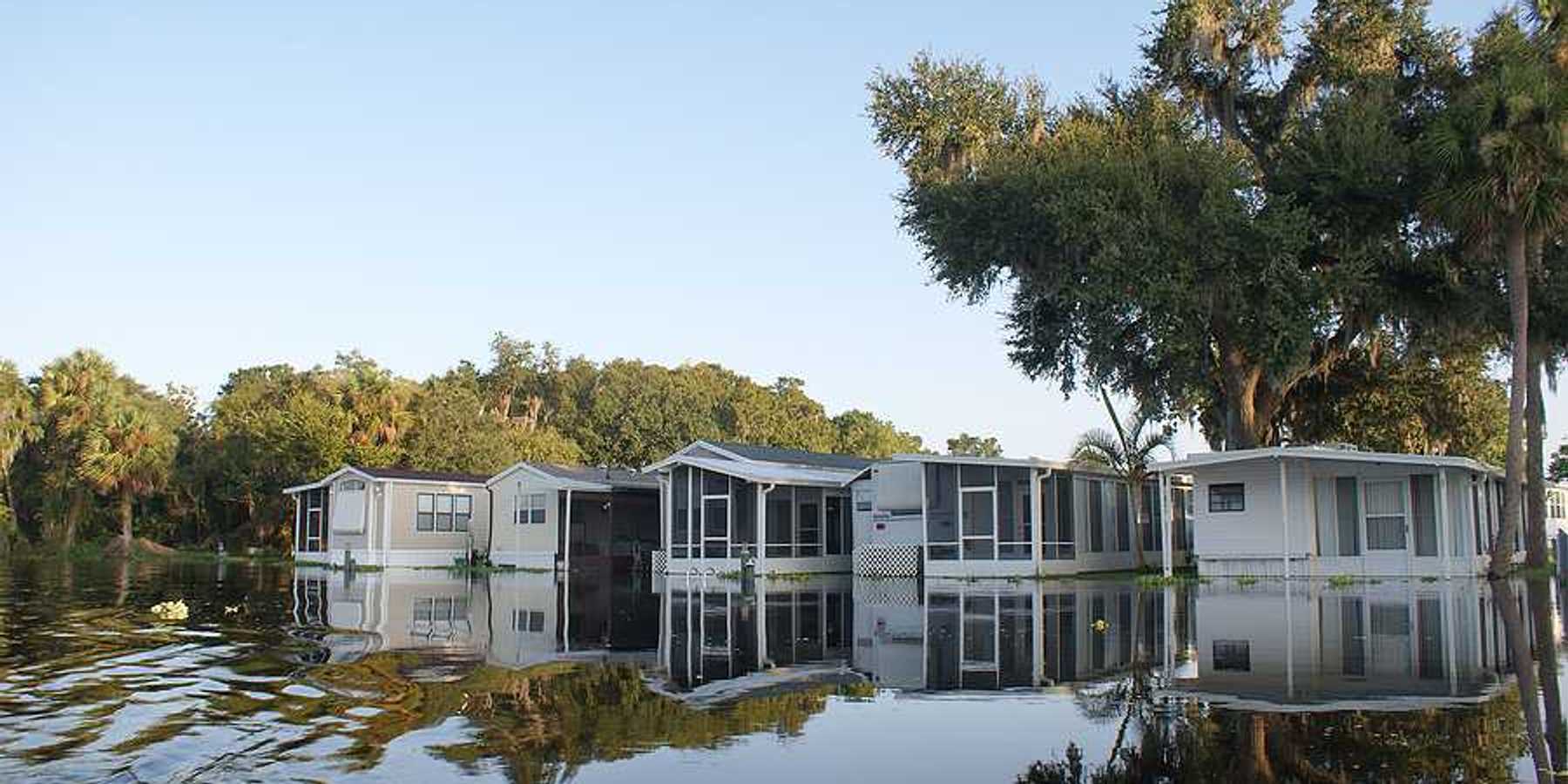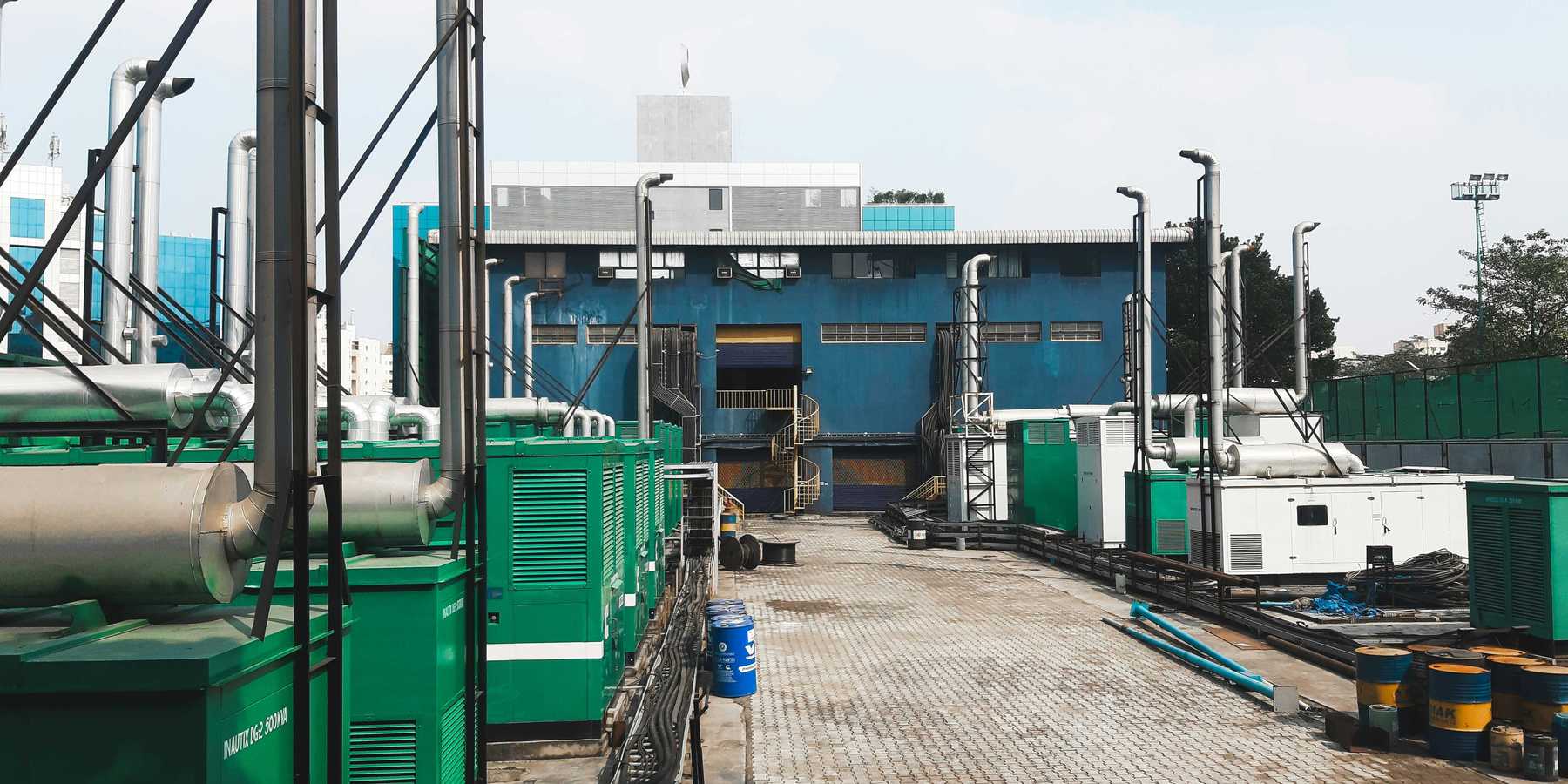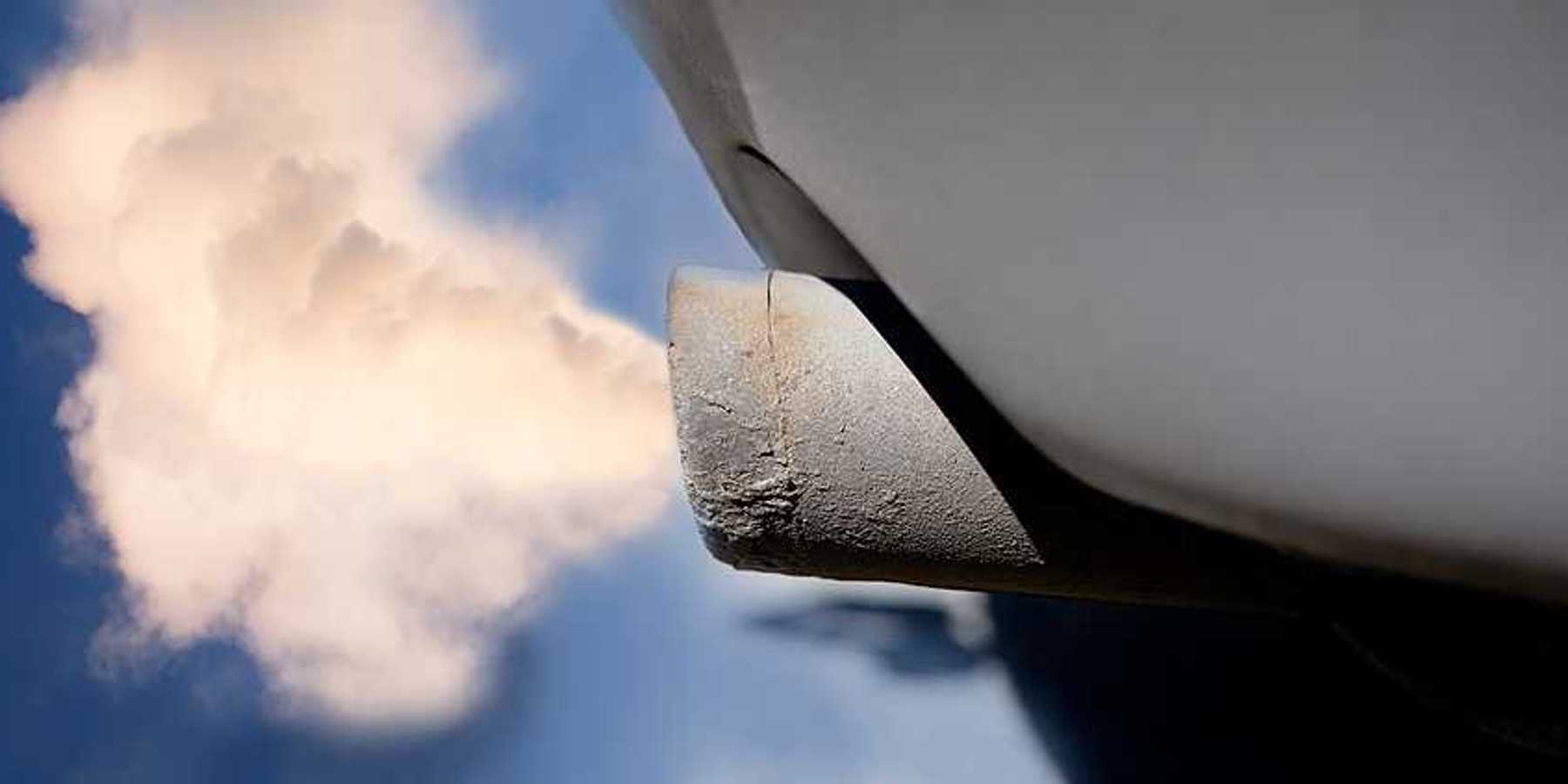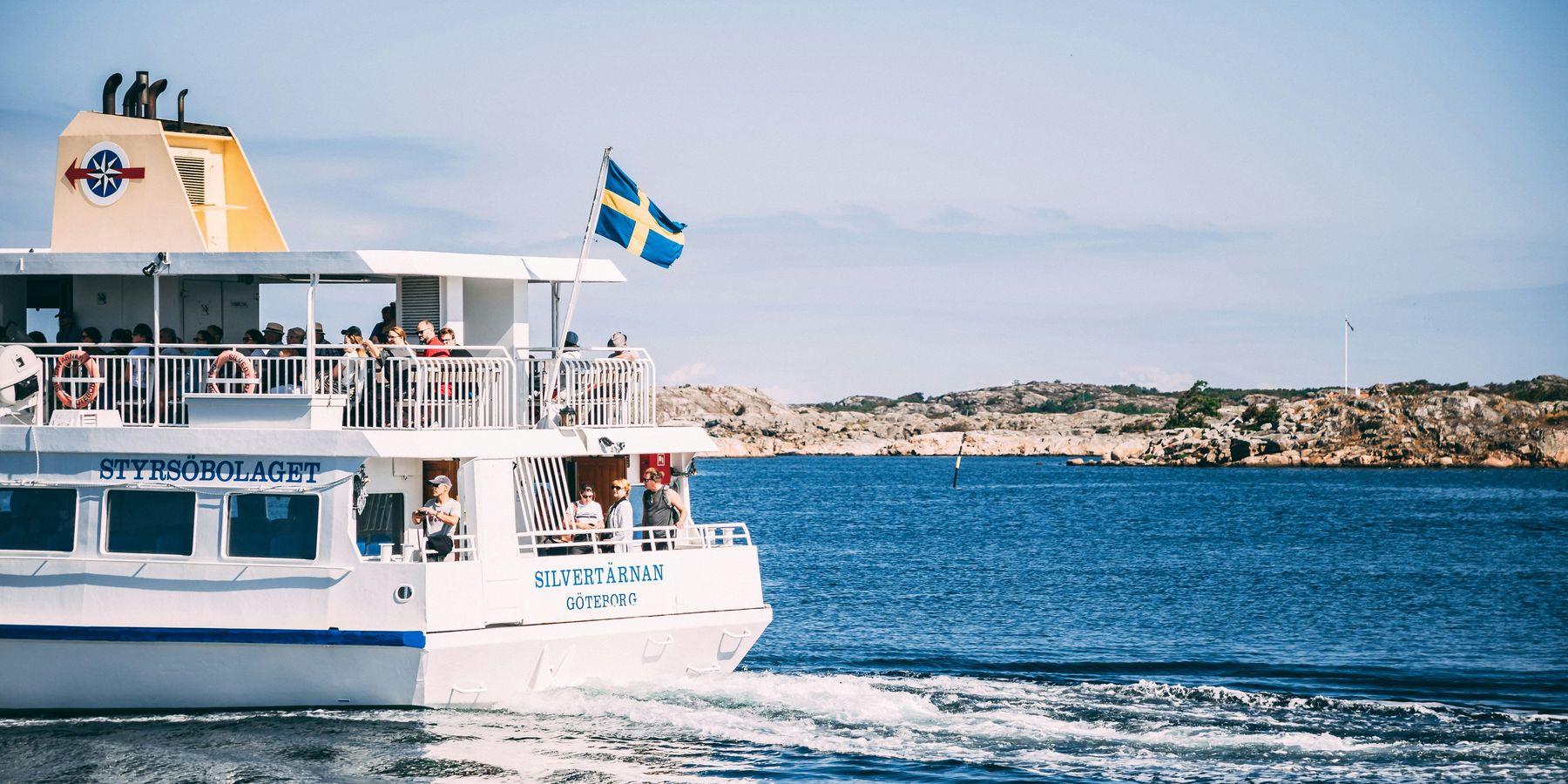
Northern Europe’s infrastructure strained as heat waves grow hotter and more frequent
A July heat wave that scorched Norway, Sweden, and Finland was made 10 times more likely and 2°C hotter by human-caused climate change, researchers say, stressing how warming is reshaping even the coldest parts of Europe.
Louise Guillot reports for POLITICO.
In short:
- A new analysis from World Weather Attribution found that July’s extreme heat across Nordic countries would have been “virtually impossible” without human-driven climate change.
- The heat wave disrupted health services and ecosystems, with reindeer herds fleeing into urban areas and some hospitals canceling procedures due to extreme indoor temperatures.
- Southern Europe is simultaneously experiencing deadly heat and wildfires, with record temperatures, evacuations, and deaths reported from Spain to Greece to Turkey.
Key quote:
“This heat wave was a stark reminder of the threat of climate change in cold-climate countries that aren’t normally considered vulnerable. Our infrastructure was not built to withstand these extreme temperatures, and our aging population is increasingly susceptible to dangerous heat.”
— Maja Vahlberg, climate consultant at Swedish Red Cross
Why this matters:
The accelerating pace of climate change is pushing extreme heat into parts of the world that were never built to handle it. In Nordic countries, where homes and hospitals are designed for insulation, not ventilation, the rising temperatures threaten public health, especially among aging populations. Meanwhile, drier landscapes across southern Europe are fueling longer and deadlier wildfire seasons, placing growing pressure on emergency services and displacing thousands. Even regions once seen as climate havens are becoming hotspots, with cascading effects for food systems, health, and biodiversity.
Learn more: Record-shattering heat grips Norway, Sweden and Finland as Arctic temperatures top 30C


